My study of classical Korean literature has been part of an effort to discover the sources of my own being. Not knowing classical Korean literature, I felt excluded from the soil in which I ought to have rooted my intellectual, emotional, moral, and spiritual being. Whatever other literatures I studied, I felt that I would better understand them once I understood my own cultural roots. And so began an exploration of classical Korean literature that has lasted for nearly ten years, a step-by-step journey on which one discovery has led to another and yet another.
Thus my encounter with the enigmatic, enchanting hyangga, the earliest surviving vernacular Korean poetry, led me to the incomparable lyric songs of the Kory kayo, the earliest poetry recorded in the Korean script. Similarly, when I set about writing on the works of Chosn women writers, I had planned one brief essay, mainly about Hanjung nok, the memoirs of Lady Hong, and the shijo written by kisaeng poets. But as I discovered the poetry of H Nansrhn and the kyubang kasa, the unpublished poetry of yangban women, one essay grew into two and then three. And as I completed the third essay I came to see I had only scratched the surface of my subject; there was so much more literature by Chosn women writers to be studied and discussed. I believe the same is true of every subject I have explored in this volume.
From the beginning, therefore, this study has been a personal undertaking. More than anything else, it is a report on my reading of those works of classical Korean literature I came to love. Naturally I wanted to share with others what I had come to appreciate and love, especially those who, like myself, wished to become acquainted with classical Korean literature. Ruskin has said that all our work should be in praise of what we love. It is in this spirit that I have undertaken this study.
This volume is intended for the nonspecialist reader, and I have tried to write it as plainly as possible, avoiding jargon. At the same time, wishing to make my discussion up-to-date, I have consulted as much of the available scholarship, in Korean and English, as I could. I believe scholarship and general accessibility are not mutually exclusive.
This is only a first report. In my further explorations I hope to expand my coverage to include the kasa of literati men and more on oral and hanmun literature.
My thanks go to the many scholars and translators without whose published works this exploration into classical Korean literature would not have been possible. Foremost among them are Cho Tong-il, whose five-volume Hanguk munhak tongsa (A Comprehensive History of Korean Literature) has taught me a great deal, Peter H. Lee, and Richard Rutt. I owe special thanks to my two mentors, Suh Doo Soo, my first and most influential guide, who initiated me into classical Korean literature, and Kim Yongsuk, who for many years has been generous with her time and encouragement. In addition, I have incurred many debts during the years this study has taken shape. I wish to thank the Korean Culture and Arts Foundation for providing a generous publication grant; the Korea Foundation, for a summer fellowship and gifts of books; California State University at San Jose, for sabbaticals, research grants, and other assistance too varied to detail, and especially the staff of the university interlibrary loan service, for locating all the obscure titles I needed; Robert Buswell of UCLA and Korean Culture, who encouraged me by publishing several of my essays on classical Korean literature in Korean Culture and gave permission to reprint that material; and Bruce Fulton, my editor, friend, and colleague whose help has been indispensable in completing this book. Poems from Anthology ofKorean Literature, compiled and edited by Peter H. Lee, The Bamboo Grove by Richard Rutt, Form and Freedom in Korean Poetry by David R. McCann, and Anthology of Japanese Literature, compiled and edited by Donald Keene, are quoted by permission of the translators and publishers. Unattributed translations are my own.


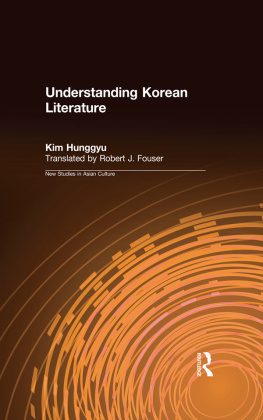
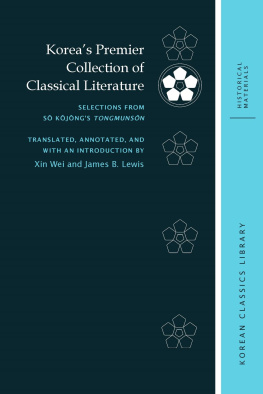

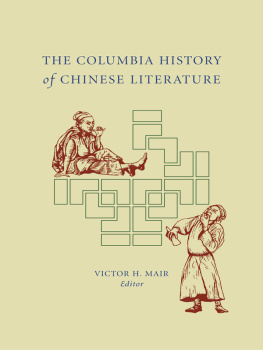
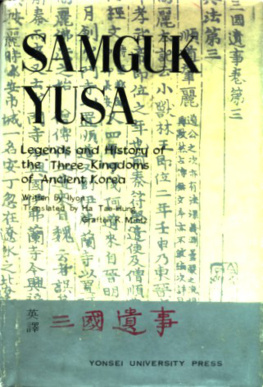
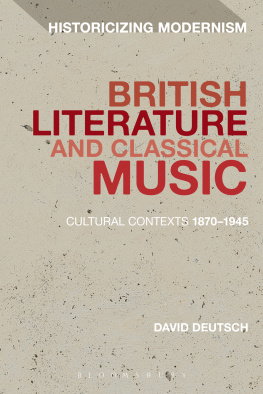
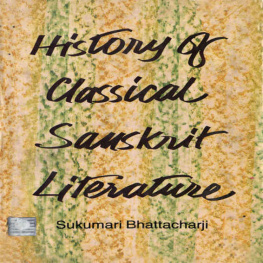
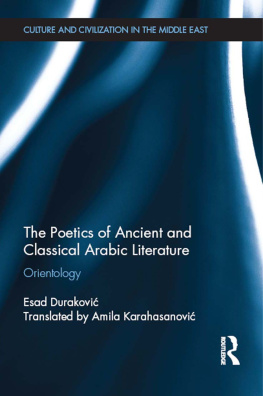
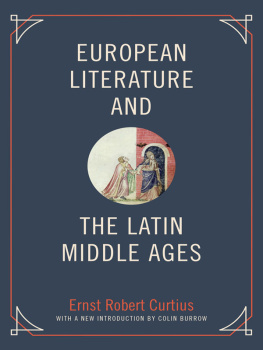

 NEW STUDIES IN ASIAN CULTURE
NEW STUDIES IN ASIAN CULTURE

